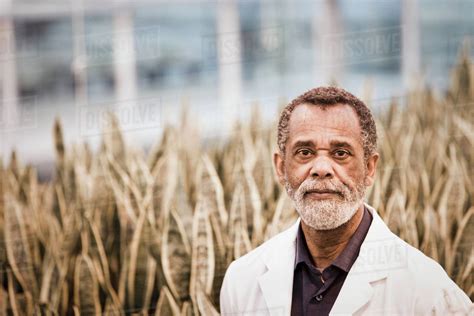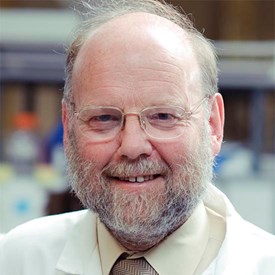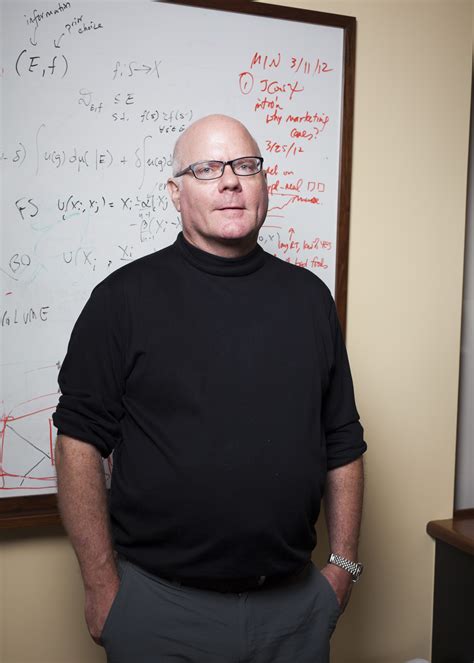A Quote by Michio Kaku
In the future, I can imagine that we will genetically modify ourselves using the genes that have doubled our life span since we were chimpanzees.
Related Quotes
And when at some future date the high court of history sits in judgment on each of us, recording whether in our brief span of service we fulfilled our responsibilities to the state, our success or failure, in whatever office we hold, will be measured by the answers to four questions: First, were we truly men of courage... Second, were we truly men of judgment... Third, were we truly men of integrity... Finally, were we truly men of dedication?-
Charles Darwin and I and you broke off from the family tree from chimpanzees about five million years ago. They're still our closest genetic kin. We share 98.8 percent of the genes. We share more genes with them than zebras do with horses. And we're also their closest cousin. They have more genetic relation to us than to gorillas.
I can say that the happiest period of my life has been since I emerged from the shadows and superstitions of the old theologies, relieved from all gloomy apprehensions of the future, satisfied that as my labors and capacities were limited to this sphere of action, I was responsible for nothing beyond my horizon, as I could neither understand nor change the condition of the unknown world. Giving ourselves, then, no trouble about the future, let us make the most of the present, and fill up our lives with earnest work here.
The search for the purpose of life has puzzled people for thousands of years. That’s because we typically begin at the wrong starting point—ourselves. We ask self-centered questions like What do I want to be? What should I do with my life? What are my goals, my ambitions, my dreams for my future? But focusing on ourselves will never reveal our life’s purpose.
In trying to express only those aspects of ourselves that we believe will guarantee us the acceptance of others, we suppress some of our most valuable and interesting features and sentence ourselves to a life of reenacting the same outworn scripts. Reclaiming the parts of ourselves that we have relegated to the shadow is the most reliable path to actualizing all of our human potential. Once befriended, our shadow becomes a divine map that—when properly read and followed—reconnects us to the life we were meant to live and the people we were meant to be.




































